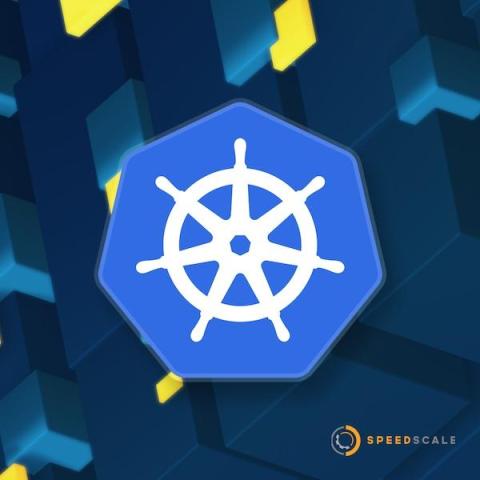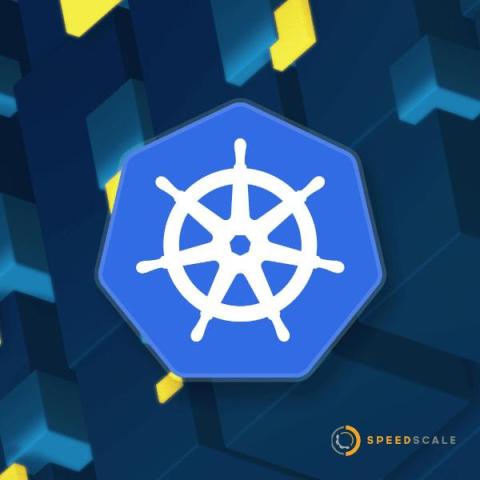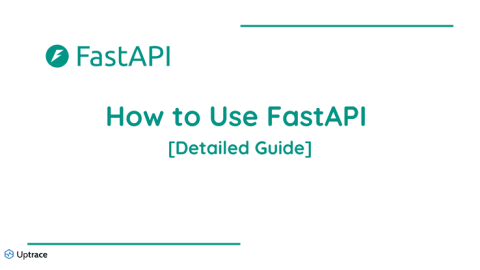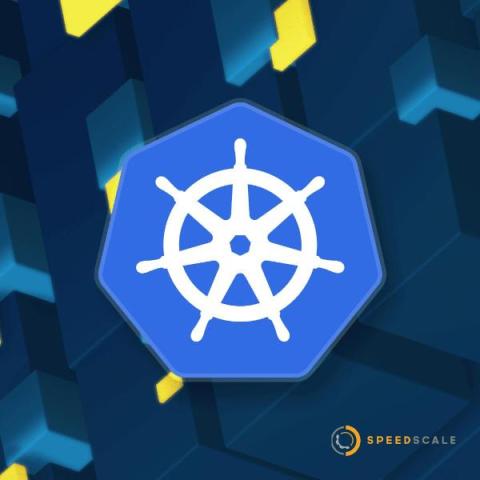How to Conduct an HTTP/2 Test on APIs
Slowly but surely, HTTP/2 has become the preferred protocol for transferring data files between clients and servers. In contrast, HTTP/1, which once stood as the sole method for loading web applications, is now falling short, particularly in terms of user experience. Since 2015, HTTP/2 APIs have taken the lead with lightning-fast server responses.











